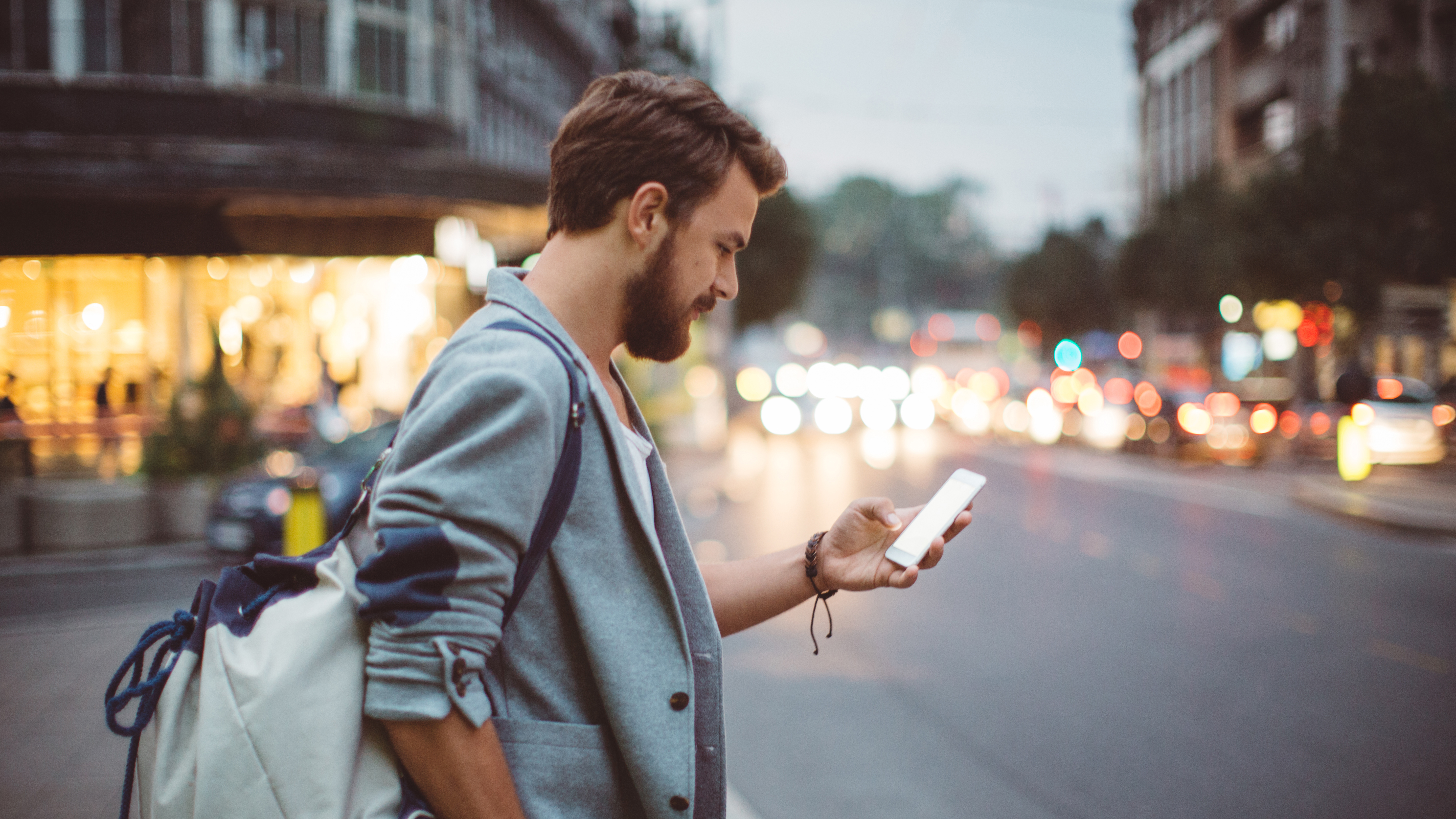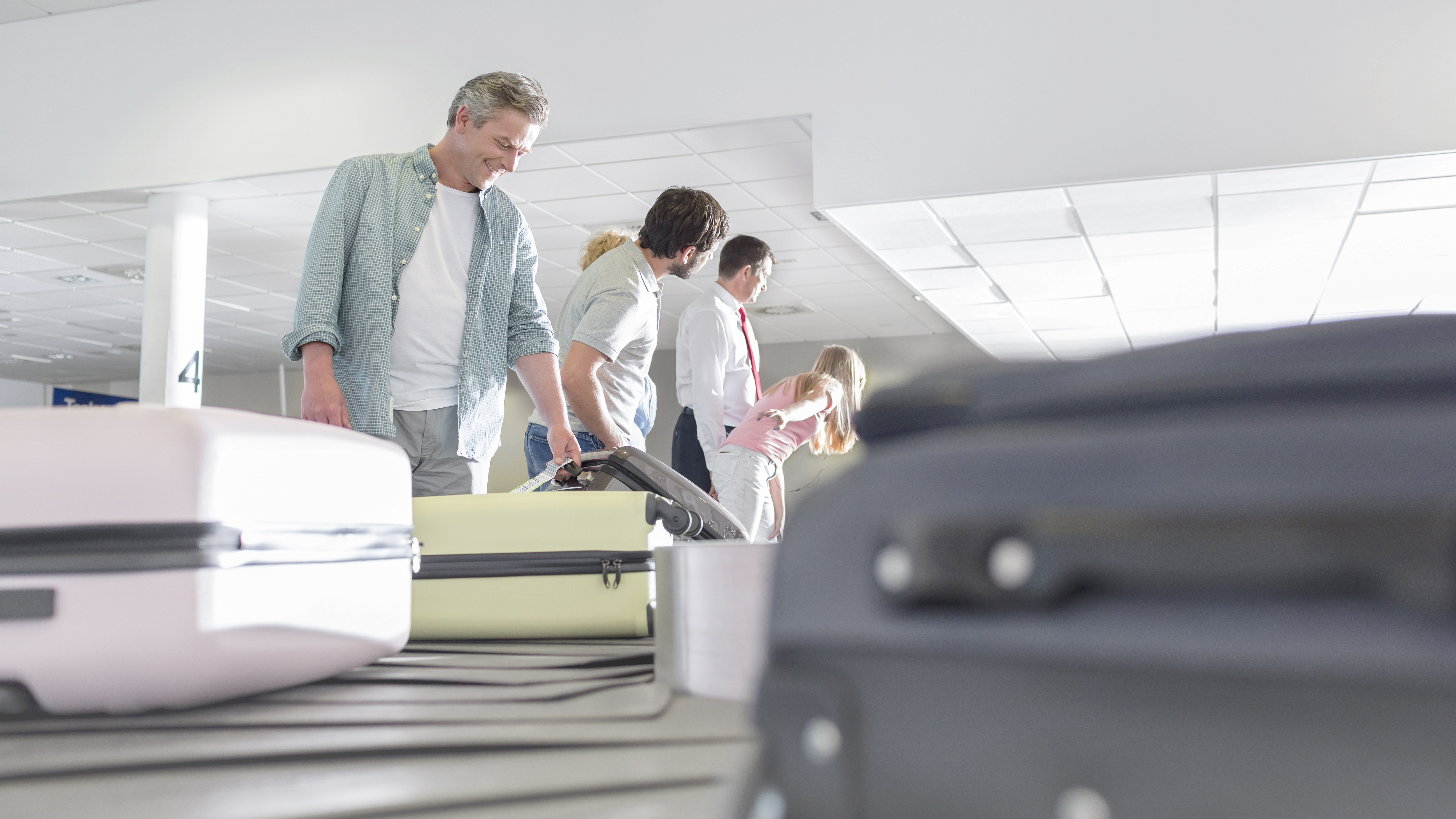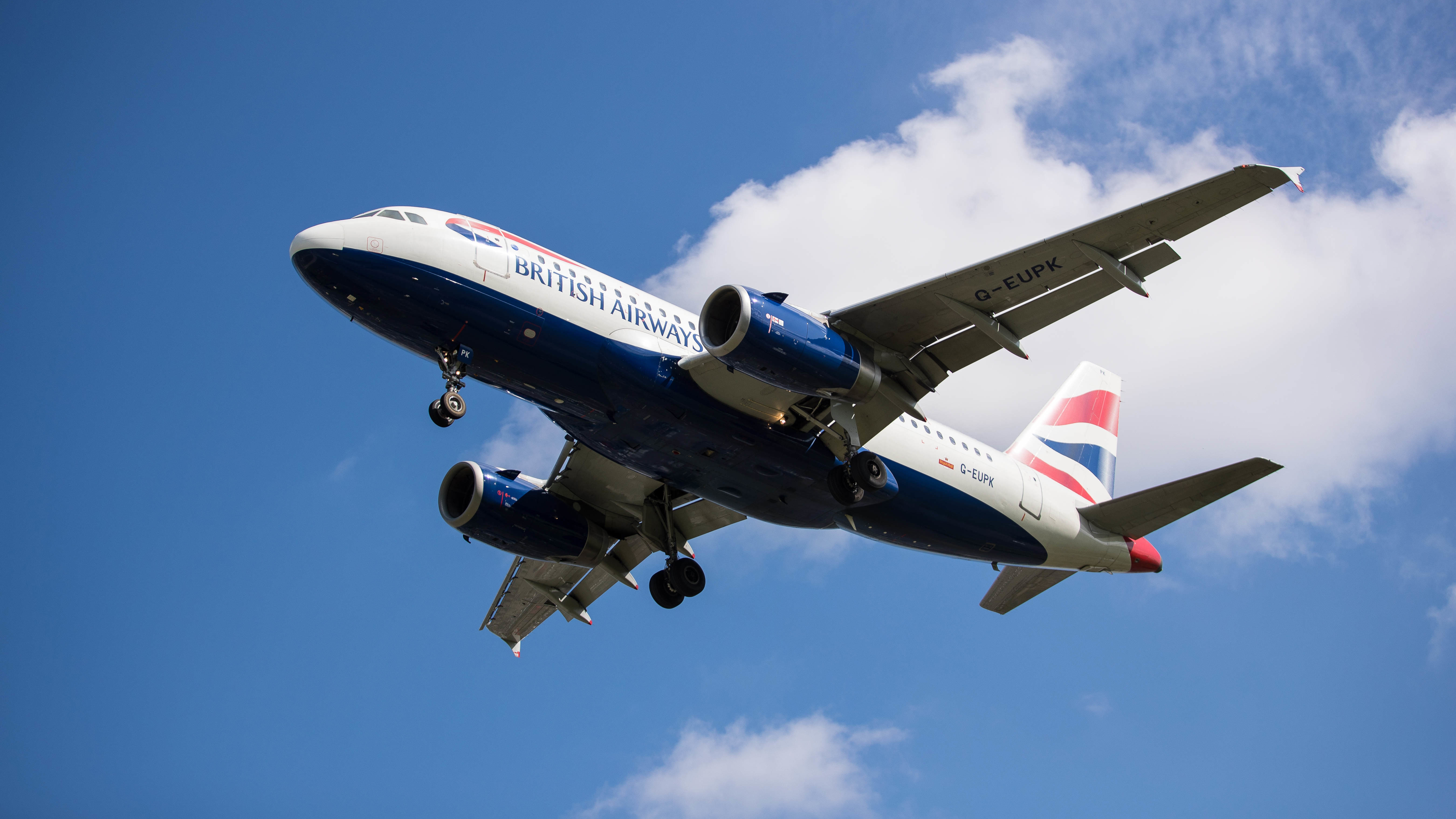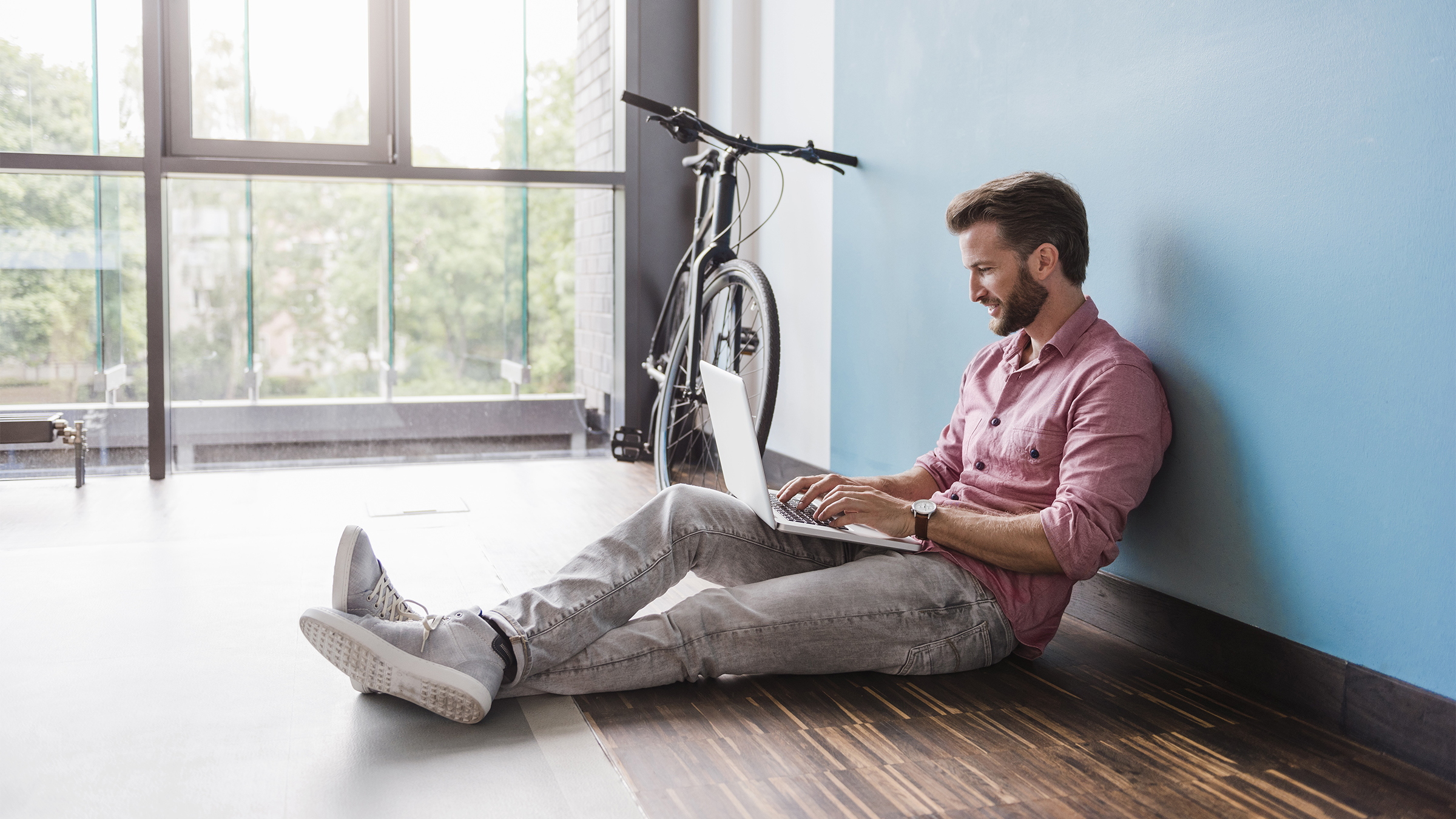Coronavirus travel advice: everything you need to know about travelling during the COVID-19 outbreak
How to prevent getting sick while travelling abroad


Everyone’s talking about coronavirus – officially known as COVID-19 – and how to avoid it/avoid spreading it/cope with it. Travel restrictions are ever-changing, and the situation is expected to get worse before it gets better. At the time of writing the World Health Organisation (WHO) says there is no reason for most people to rethink their travel plans (despite now describing it as a pandemic), but in this time of uncertainty we all need to make informed decisions about whether to travel and, if we do, how we plan to stay virus-free, and how to get home safely.
- Where to buy hand sanitizer (and what to do if you can't find any)
Here’s what you need to know about the coronavirus from a travel perspective, and the official sources you should get your information from:
What is coronavirus and what are the symptoms?
COVID-19 is a new strain of coronavirus first found in Wuhan City, China. It can affect your lungs and airways, causing a fever/high temperature and a cough, though most people who get coronavirus will suffer only mild symptoms. If you have any of the above symptoms, phone NHS 111 or your local GP; do not physically go to your GP. At most risk are those with weakened immune systems, the elderly, and anyone with underlying conditions such as diabetes, cancer and chronic lung disease.

What countries have a higher risk of coronavirus?
Some countries are worse affected than others, and if you plan to travel to somewhere that is suffering a serious outbreak, you might want to reconsider your plans. The list is constantly being updated. At the time of writing it included:
- Cambodia
- China
- Hong Kong
- Iran
- Italy
- Japan
- Laos
- Macau
- Malaysia
- Myanmar (Burma)
- Singapore
- South Korea
- Taiwan
- Tenerife – only the H10 Costa Adeje Palace Hotel
- Thailand
- Vietnam
However, at the time of writing the UK’s Foreign & Commonwealth Office (FCO) is advising against all travel to Hubei Province in China and the cities of Daegu, Cheongdo and Gyeongsan in South Korea. It’s also advising against all but essential travel to the rest of mainland China, and to Italy.
Should I travel during the coronavirus outbreak?
That’s entirely up to you. At the time of writing, coronavirus was present in 110 countries around the world. However the outbreak is by far the most serious in China, South Korea, Iran, and northern Italy. That could change at any time, with more countries certain to be added to that list. For the latest advice from the FCO, you can sign-up for email alerts for a specific destination. You need to weigh-up not only where the risks are when you travel, but what may develop while you’re away.
Regardless, if you’re going to travel anywhere inside the European Economic Area (EEA) then make sure you carry your European health insurance card (EHIC) so you can get medical treatment if necessary.
Get all the latest news, reviews, deals and buying guides on gorgeous tech, home and active products from the T3 experts

Coronavirus: what about travel insurance?
It’s possible that you may have to cancel your travel plans, and you should also think about the possibility that you may get stranded in your destination without warning. For example, it’s possible you could get stuck somewhere that the FCO changes its advice about travelling to and from while you’re there, which could lead to flights being cancelled. The FCO’s decisions are crucial for your travel insurance because your travel insurance becomes useless the moment the FCO warns against all travel (or all but essential travel) to a destination. You also need to be aware of your destination country’s current policy on the country you’re flying in from, even though you may just be changing planes there. For example, the US suddenly suspended travel to the US from 26 European countries without much warning, and while it didn’t include the UK or Ireland, that could change.
A big fear is that you will be stuck abroad in self-isolation for weeks, so check with your travel insurance company before you go anywhere with regard to what they will cover if you do get stranded.
In recent days Aviva has taken ‘travel disruption’ out of its policies and LV has stopped selling travel insurance policies to new customers.
How to stay safe on the way to the airport, in the airport, and on the plane
Viruses can live on some surfaces for hours and it’s through your eyes, nose or mouth that you can catch a virus, so above all else, don’t touch your face. Although air travel is shrinking in the wake of the outbreak, public transport and airports are public places so you should adhere to the standard advice to slow the spread of coronavirus;
- ‘Catch it, Bin it, Kill it’: always carry tissues and use them to catch coughs or sneezes, then bin the tissue, and wash your hands.
- Wash your hands frequently with soap and water/apply hand sanitiser.
- Don’t touch your face with unwashed hands.
- Don’t share cups and utensils.
Airports are regularly disinfecting ‘high touch’ areas – check-in counters, door handles, lift buttons, tables, and handrails – but be wary of them, and use the hand sanitisers now all over airports.
On the plane itself you’re relatively safe because cabin ventilation systems are designed for vertical air flow, which reduces the risk of a virus spreading on a plane. What’s more, cabin air is changed every few minutes using High-Efficiency Particle Filters (HEPA), which capture 99% of airborne microbes in recirculated air, theoretically protecting travellers against the risk of catching a virus. However, ‘high touch’ areas like tray tables are best avoided, or covered with a newspaper, though all airlines are now disinfecting all hard surfaces before each flight.
Coronavirus: where to buy hand sanitizer gel
- Hand wash and soap at Waitrose
- Hand sanitizer gel at Boots
- Hand sanitizer gel at Superdrug
- Hand sanitizer at Walmart
- Hand santizer at Tesco

How are airlines reacting to coronavirus?
Aviation is an industry in flux, so before you fly, check with your airline. Airlines are cancelling thousands of flights, with Norwegian Air cutting 3,000 flights in the next three months, American Airlines slashing its domestic US schedule, and Qantas vastly reducing its international flights. Korean Air is also under threat. In the UK, Flybe has already gone bust, though British Airways has announced that it’s waiving all date change fees, and giving out vouchers to those who want to cancel a flight.
Coronavirus: what precautions should I take while I’m away from home?
Eat properly, get plenty of sleep and keep calm; a lack of sleep and stress can degrade your immune system. As well as keeping to the standard hygiene protocols, it’s sensible to avoid large gatherings of people and make sure you wash your hands (for 20 seconds or two renditions of “happy birthday”) and/or use alcohol-based antibacterial hand wash when you use public transport.
This more general advice on preventing infections comes from airport hotel shuttle bus company Hoppa:
- Wash hands regularly, for at least 20 seconds.
- Avoid contact with sick people.
- Don’t touch your face with unwashed hands.
- Disinfect objects and surfaces – carry disinfectant wipes when travelling, and use them on anything you’re worried about touching, such as your tray table in a plane or door handle at your hotel room.
- Avoid contact with animals and animal products.
- Do not share eating utensils and food.
- Don’t eat raw food. Cook meat and eggs thoroughly.

Coronavirus: what should I do when I get home?
If you are returning to the UK from an infected area there are official guidelines. It’s possible than when you do return to the UK your destination may have suffered a worsening of the outbreak. Immigration officials may tell you to self-isolate, and if they do so, follow their advice and stay at home for two weeks. Don’t go shopping on the way home and use a delivery service for your food. Contact NHS 111 to your local GP via the phone if you become unwell, and follow their guidelines.
The NHS advises that if you've been to one of the places listed here in the last 14 days you should stay at home and avoid close contact with other people, do not go to a GP surgery, pharmacy or hospital, and use the NHS 111 online coronavirus service to find out what to do next. If you have symptoms of coronavirus and have been to one of the affected areas – or you have been in close contact with someone who has the virus – you will be tested.
Liked this?
- 5 hand washing steps you should be following
- The best cleaning products for coronavirus, according to the EPA
- Where to buy hand sanitizer (and what to do if you can't find any)
Jamie is a freelance journalist, copywriter and author with 20 years' experience. He's written journalism for over 50 publications and websites and, when he's not writing, spending most of his time travelling – putting the latest travel tech through its paces.
